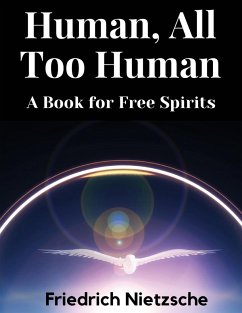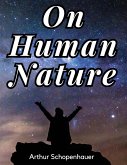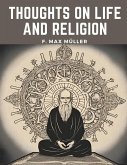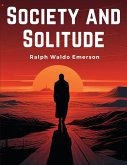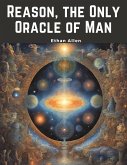"Human, All Too Human: A Book for Free Spirits" is a philosophical work by Friedrich Nietzsche, first published in 1878. It marks a significant departure from Nietzsche's earlier works, introducing a more aphoristic style and a critical examination of traditional morality, religion, and human nature. The book is divided into several sections, each containing a series of short aphorisms, reflections, and observations on various aspects of human life and society. Nietzsche employs a keen wit and sharp critique as he explores themes such as individualism, morality, religion, culture, and psychology. In "Human, All Too Human," Nietzsche challenges conventional wisdom and invites readers to question deeply held beliefs and values. He rejects traditional notions of good and evil, advocating for a more nuanced understanding of human behavior and motivations. Nietzsche's emphasis on individual freedom, self-overcoming, and the pursuit of personal excellence resonates throughout the text. The book also reflects Nietzsche's growing disillusionment with German culture and society, as well as his fascination with the concept of the "free spirit" - the independent thinker who dares to question prevailing norms and constructs his own values. "Human, All Too Human" is often seen as a transitional work in Nietzsche's oeuvre, laying the groundwork for his later, more controversial writings such as "Thus Spoke Zarathustra" and "Beyond Good and Evil." It is celebrated for its boldness, intellectual depth, and provocative insights into the human condition.
